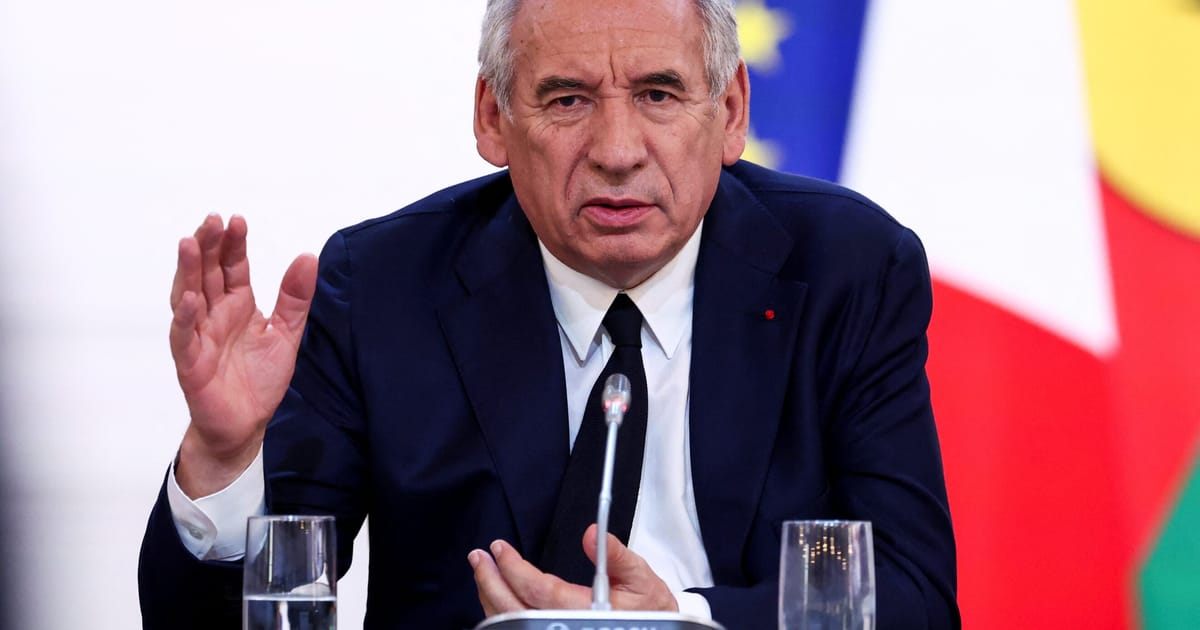

In a world characterized by evolving economic challenges and complex geopolitical dynamics, recent developments across the globe reflect diverse trajectories and strategies. From fiscal matters and security concerns to technological advancements and diplomatic critiques, each narrative presents a unique perspective on the unfolding international scene.
In Europe, a fiscal warning pierced through as France confronted significant economic strains. The country, grappling with increasing financial difficulties, mirrors a broader challenge confronting the region—balancing sustainable growth with fiscal responsibility. With rising debts and diminishing workforces, Europe faces the careful task of ensuring economic stability while fostering innovation and development.
Meanwhile, an uptick in incidents in the Baltic Sea and around Taiwan has underscored vulnerabilities in global digital communication infrastructure. Undersea cables, vital for intercontinental data traffic, have become the focal point of potential geopolitical tension. Recent reports suggest an increased risk of state-backed disruptions, highlighting the necessity for enhanced cybersecurity measures and international cooperation to safeguard these critical infrastructures against potential threats.
On a positive note for the automotive industry, Britain’s Jaguar Land Rover, renowned for its luxury vehicles, adjusts its timeline for launching new electric models. The carmaker has opted to extend its testing period, ensuring quality and performance align with market expectations. This measured approach reflects a broader shift within the auto industry towards sustainability, as manufacturers balance innovation with consumer readiness and infrastructure support.
In the United States, significant legislative movements saw the House of Representatives pass a proposal to cut funding for foreign aid and public broadcasting. This decision, part of a broader strategy outlined by President Donald Trump, marks a shift in budgetary priorities, despite some bipartisan resistance. The measure, however, preserves crucial funding for global health initiatives, signaling a nuanced approach to international funding commitments.
Turning to South America, a significant increase in rare earth exports from Brazil to China underscores strengthening trade ties and diversification of resources. This burgeoning partnership not only highlights Brazil’s pivotal role in the global supply chain for essential minerals but also reflects the ongoing economic exchanges within the BRICS nations, fostering mutual interdependence and growth.
Diplomatically, tensions arose as Brazilian President Lula da Silva voiced his discontent with U.S. policies. Criticizing what he termed an “unacceptable blackmail,” Lula’s remarks came amid escalating rhetoric and differing political philosophies with former U.S. President Donald Trump. This episode adds to the complex dialogue between the two nations, underpinning the need for diplomatic sensitivity in addressing internal and external political dynamics.
These narratives, interwoven with economic, technological, and diplomatic threads, reveal a multifaceted world in which countries navigate challenges with tailored strategies. As these stories unfold, they contribute to a richer understanding of how nations adapt to changing circumstances, reinforcing the importance of collaboration, innovation, and thoughtful leadership in shaping a stable and prosperous global future.
Source: {link}
